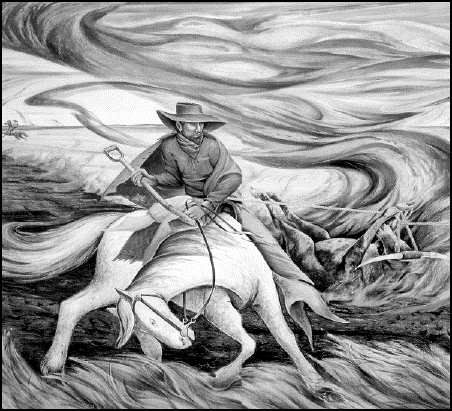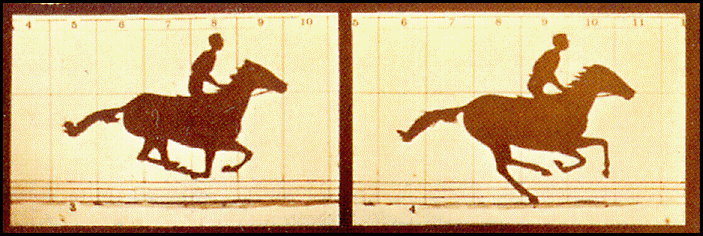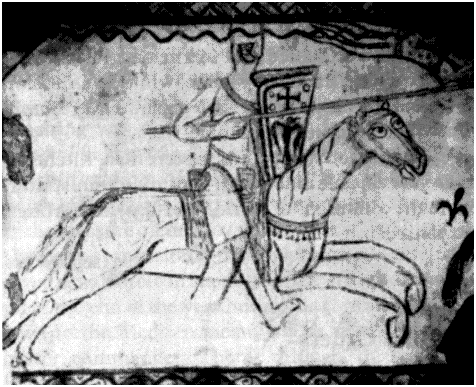Stealing
Horses
Pers Petterson
Anne Born, Translator
(Graywolf Press)

- Whether I shall turn out to be the hero of my own life, or whether that station will be held by anybody else, these pages must show.
- A shipwrecked man without an anchor in the world except his own liquid thoughts where time has lost its sequence.
Time does lose its sequence in Horses, but it does so with art, as we move through the Nazi occupation of Norway into Trond's growing up, living in 1948 with his father in the woods there above the Klara River.
When, finally, in old age, he returns there to live alone, he sees in the mirror his face "no different from the one I had expected to see at the age of sixty-seven. In that way I am in time with myself."
Age and years are meticulously bound and burnished ... recounted, as meticulous as the points of light caught there by the best of writers ... in this case, in an almost romantic image, Trond's father sniffing the trees they have just cut down. Or, the milkmaid, whose voice had "the sound of a silver flute when she walked up the path to sing the cows home." Or, the woods at night, "the scent of resin and timber, and the scent of earth, and a bird whose name I did not know hopping around in a thicket rustling and crackling and sending out a steady stream of thin piping sounds from the dense foliage a few paces from my foot."

